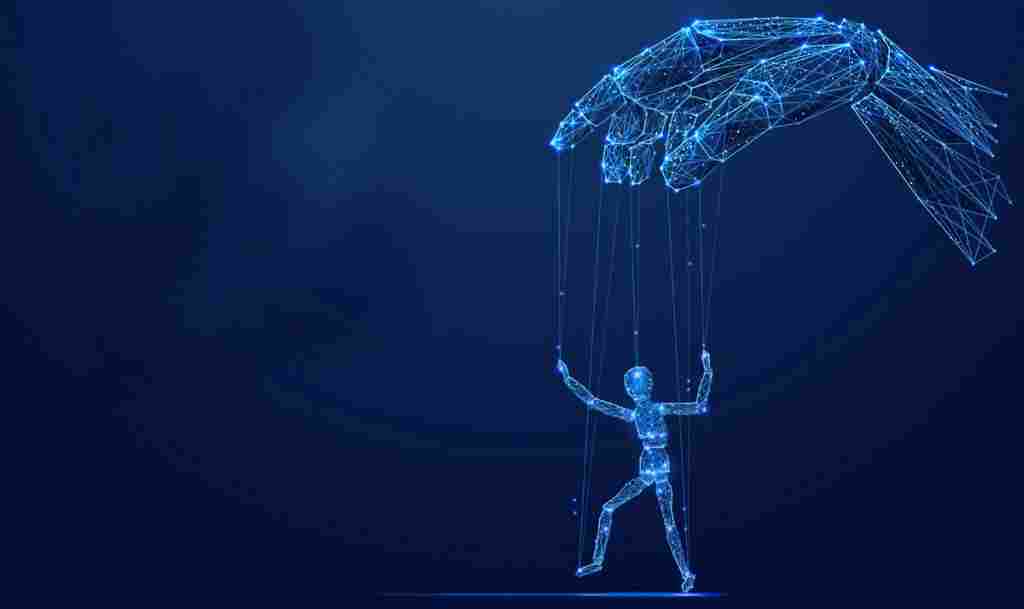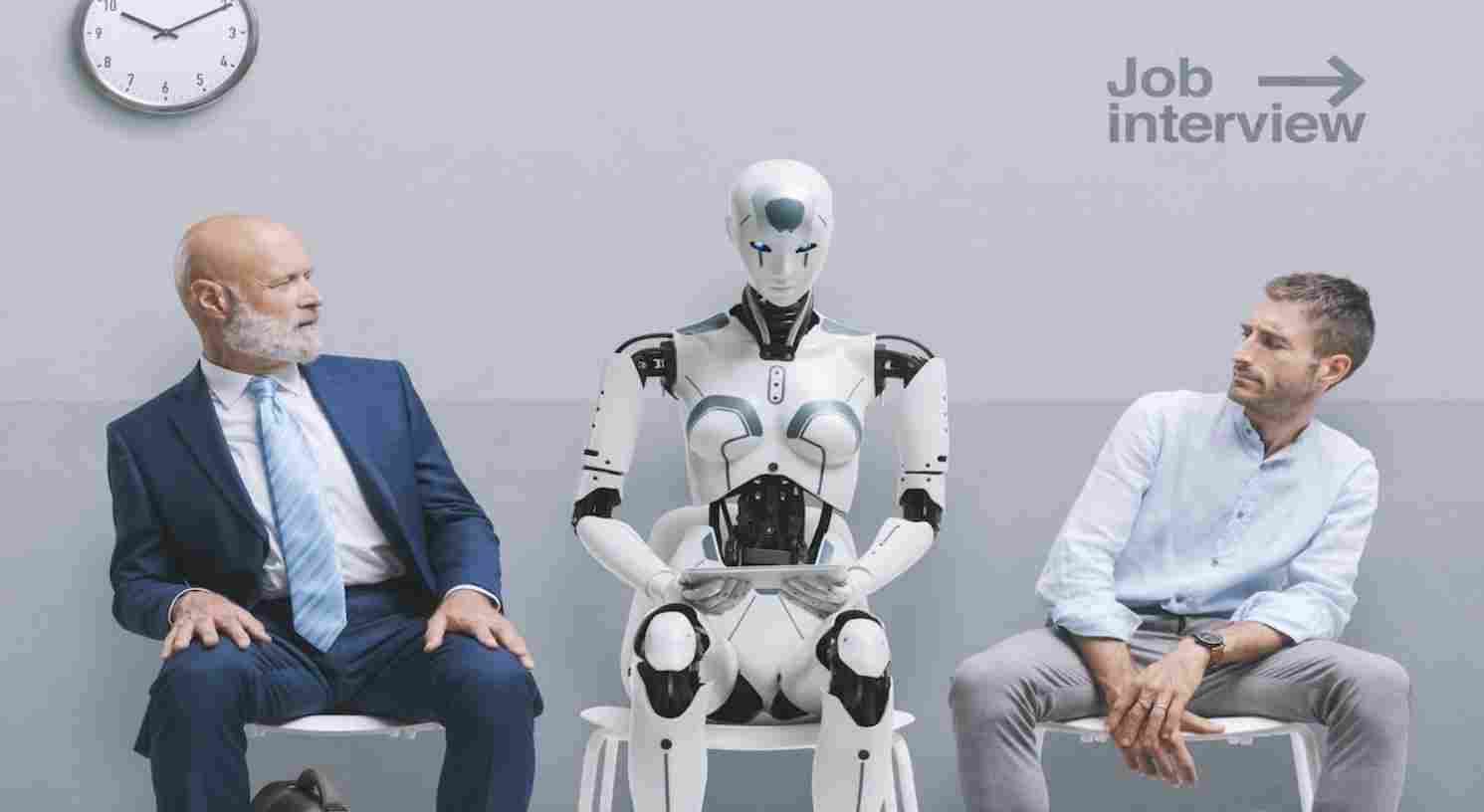
Study: Lab-Grown Brain Cells Outperform AI in Learning
Melbourne, Australia (Enmaeya News) — Researchers have demonstrated that brain cells learn faster and perform complex network operations more efficiently than machine learning, by comparing how a system called Synthetic Biological Intelligence, known as DishBrain, interacts versus advanced reinforcement learning algorithms.
Synthetic biological intelligence integrates lab-grown neurons derived from human stem cells with solid-state silicon to create a more advanced and sustainable form of artificial intelligence. This study is the first of its kind.
The research was led by Cortical Labs, a Melbourne-based startup that developed the world’s first commercial biological computer, named CL1. The study’s results were published on August 4 in the journal Cyborg and Bionic Systems and reported by EurekAlert.
Ma’een Khajeh Nejad, a co-researcher at Cortical Labs, called the study "groundbreaking" because it directly compares artificial biological systems with deep reinforcement learning. He added that these biological systems adapt faster and more efficiently when learning opportunities are limited, similar to how humans and animals learn.
Deep learning is the most prominent aspect of artificial intelligence. It relies on developing artificial neural networks that mimic the human brain’s functionality, allowing them to experiment, learn, and self-improve without human intervention.
From Neuroscience to AI
Lab-grown neurons are increasingly used as a platform to explore information processing and basic forms of learning. Researchers envision more advanced systems as potential future intelligent devices with unique properties that may exceed the capabilities of artificial computation alone.
Studying the dynamic interaction patterns between neurons provides a deeper understanding of the mechanisms behind learning. The timing and strength of these interactions determine a network’s ability to encode, store, and retrieve information.
Brett Cagan, Chief Scientific Officer at Cortical Labs, said the study shows that biological systems may rival AI in learning. "Understanding how neural activity relates to behavior is a core goal of neuroscience, and this paper is an important step forward," he added.
The insights are expected to have major implications across fields—from neuroscience to AI—potentially aiding the development of advanced learning algorithms and treatments for neurological disorders.
Professor Dottori said the research opens new possibilities in neuroscience, allowing scientists to study learning and memory with lab-grown neural models. "The CL1 technology provides a platform to map neuronal functions interactively and can be used to study how neural networks vary in neurological disorders," she added.







